Camp North End Awarded Fitwel Community Design Certification
In addition to the Fitwel certification, Camp North End’s 150,000-square-foot Gama Goat building also boasts a Wired Gold Certification.
ATCO Properties & Management’s Camp North End creative office development in Charlotte, N.C., has been awarded a two-star Fitwel Community Design Certification. The national building standard, offered through the Center for Active Design, focuses on optimizing holistic health benefits in large-scale projects.
The certification system was launched for universal use in 2016, developed by the U.S. Centers for Disease Control and Prevention and the General Services Administration, and evaluates and rates the health affecting aspects of the built environment to improve occupant wellbeing. Fitwel’s analyzed categories include location, building access, outdoor spaces, entrances and ground floor, stairwells, indoor environments, workspaces, shared space, water supply, cafeterias and prepared food retail, vending machines and snack bars, and emergency procedures.
READ ALSO: Building Design Shifts Toward Wellness Architecture
“It all starts with and comes back to people. We believe people do their best work when they are happy, healthy and inspired. When designing a place where people will spend many of their waking hours, we take seriously our responsibility to provide space that will unlock their potential and facilitate healthy and inspired lifestyles, which directly impacts their productivity and the success of their employers,” Damon Hemmerdinger, co-president of ATCO Properties & Management, told Commercial Property Executive.
“Fitwel provided a roadmap to build nudges into the physical space to encourage these positive outcomes at scale. These initiatives will improve the wellbeing and productivity of our tenants’ employees, and some of these decisions have the added benefit of impacting anyone who visits the site, whether they live next door or travel across the city to spend time at Camp North End,” he added.
The Fitwel Design Certification is awarded to new construction and major renovation projects, as soon as the design of the development is solidified and prior to it being occupied. This recognition is valid for three years from the certification date, after which the projects apply for a Built Certification. This certification is also valid for three years.
Pioneering project
The Fitwel Community project type, currently in the pilot phase, impacts occupants of a contiguous development that incorporates open space, more than one building and multiple uses, including residential and at least one other type, such as retail, commercial, industrial, civic or institutional, as per the information on the Fitwel website. In addition to the Fitwel certification, Camp North End’s 150,000-square-foot Gama Goat building also boasts a Wired Gold Certification.
ATCO Properties & Management is well aware of the significance of the Camp North End project and the example it sets. “We are raising the bar on development in Charlotte, both in terms of physical space and conscientious community and building engagement, beginning in the North End. We are building a central gathering place in the area and support active lifestyles that enhance social connections,” believes Hemmerdinger.
“The City and North End neighborhoods are organized and motivated to implement progressive ideas in their community, like the North End Smart District. NESD is paving the way for new development and creating economic opportunities for residents centered on technology, innovation and sustainability. ATCO shares those aspirations and implementing Fitwel is an important step towards making that real,” he concluded.
Spanning over 74 acres at 1824 Statesville Ave., Camp North End is the city’s largest assemblage of historic factories and warehouses turned into an adaptive reuse project with one million square feet of creative office space. The development used to house the production line for Henry Ford’s Model T cars in the 1920s, and two decades later, U.S. Army missiles. While functioning as an Army outpost, it was known as CAMP, which remained part of its name to this day.

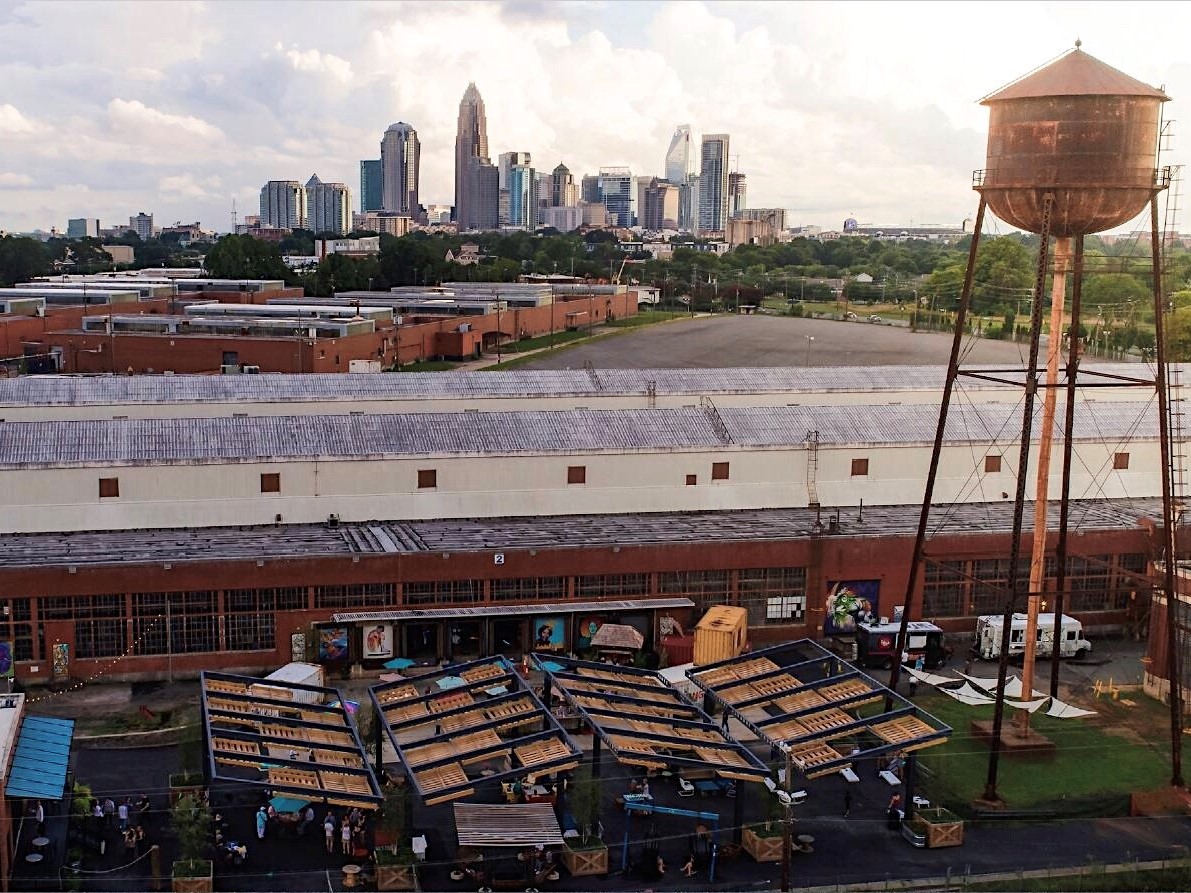
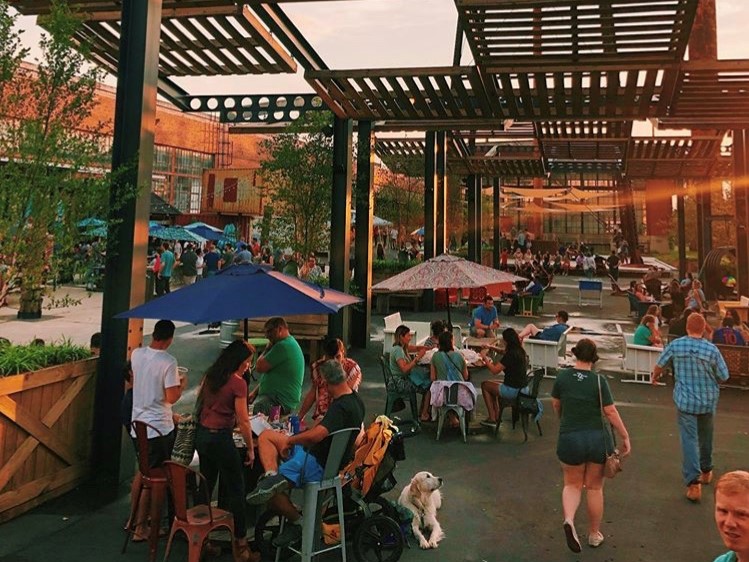
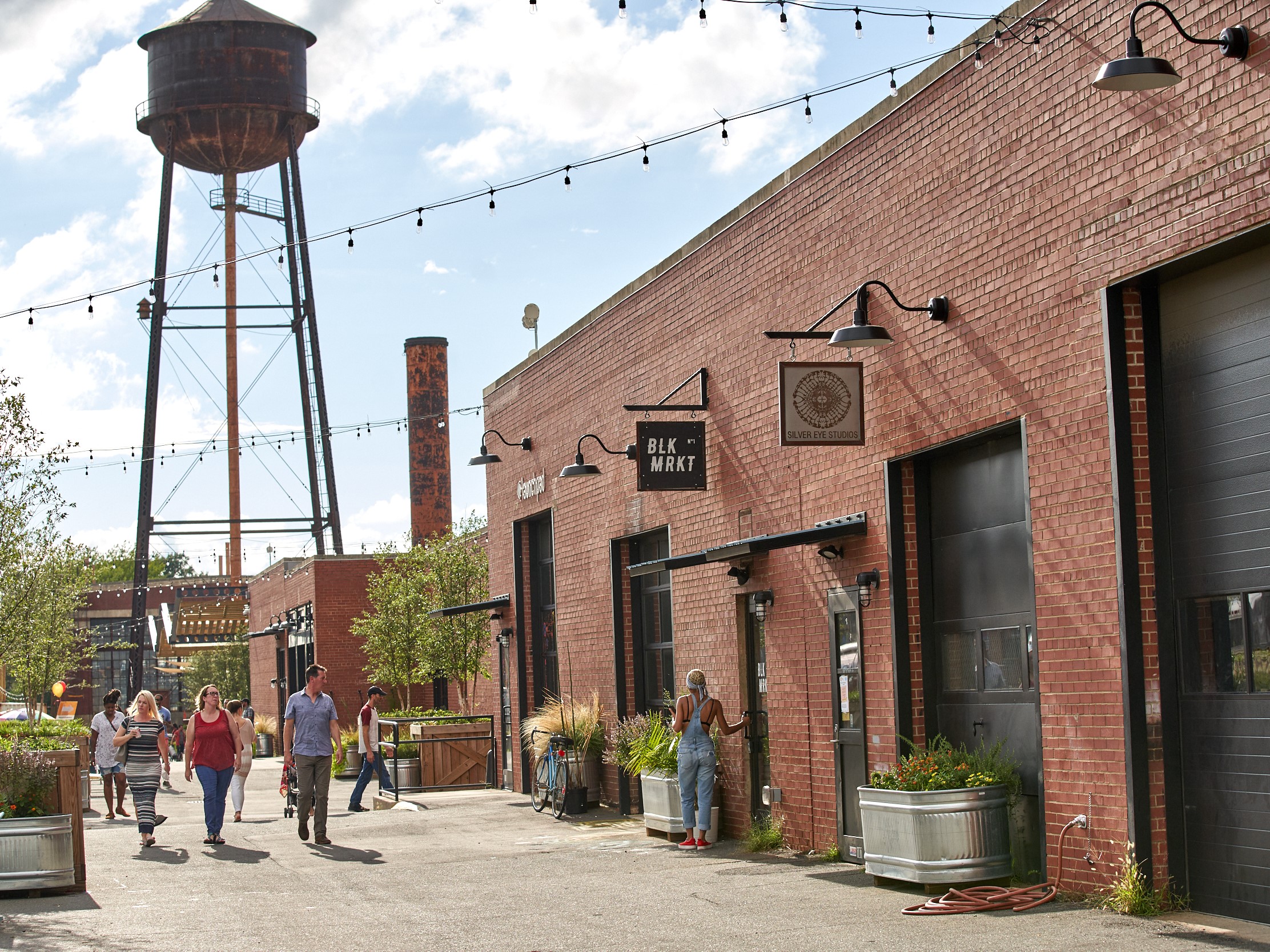

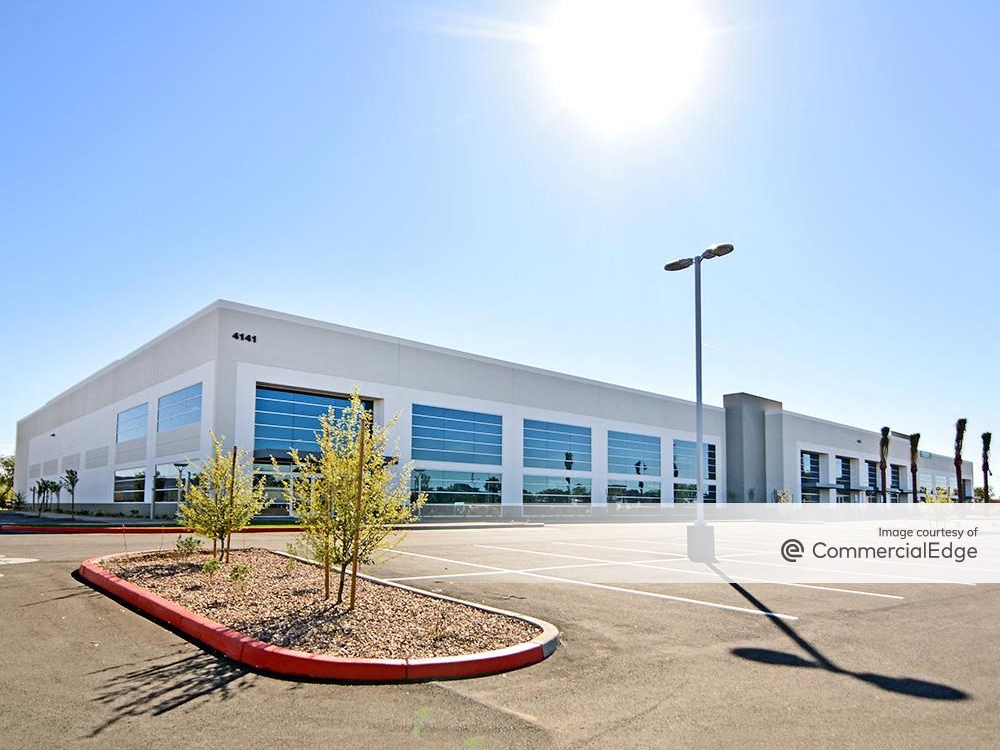

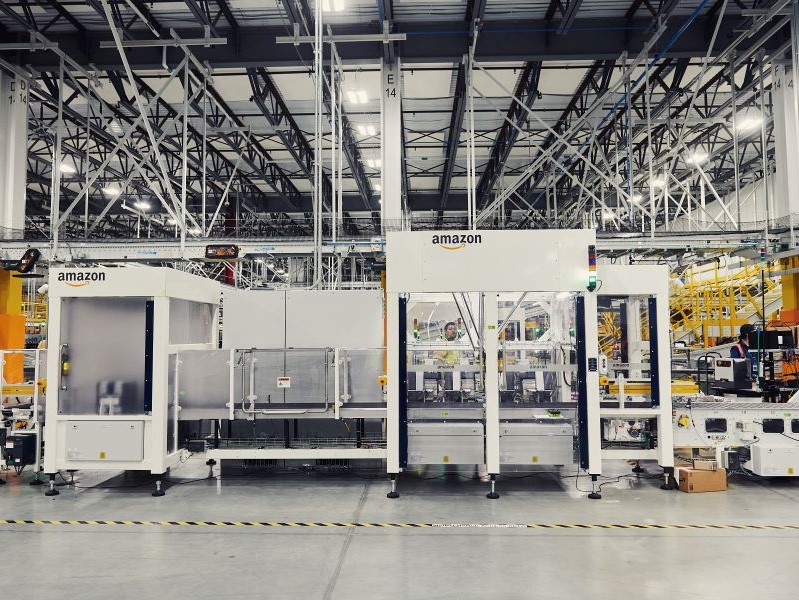

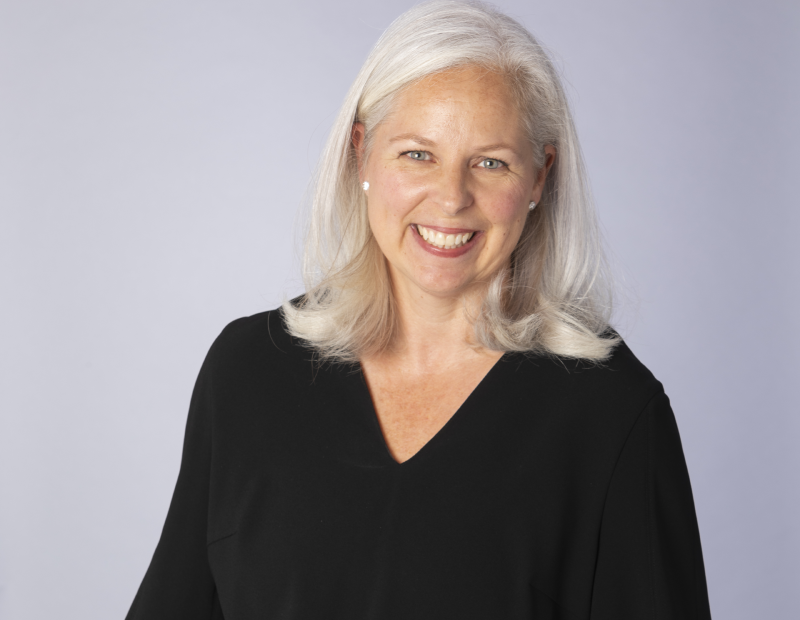
You must be logged in to post a comment.